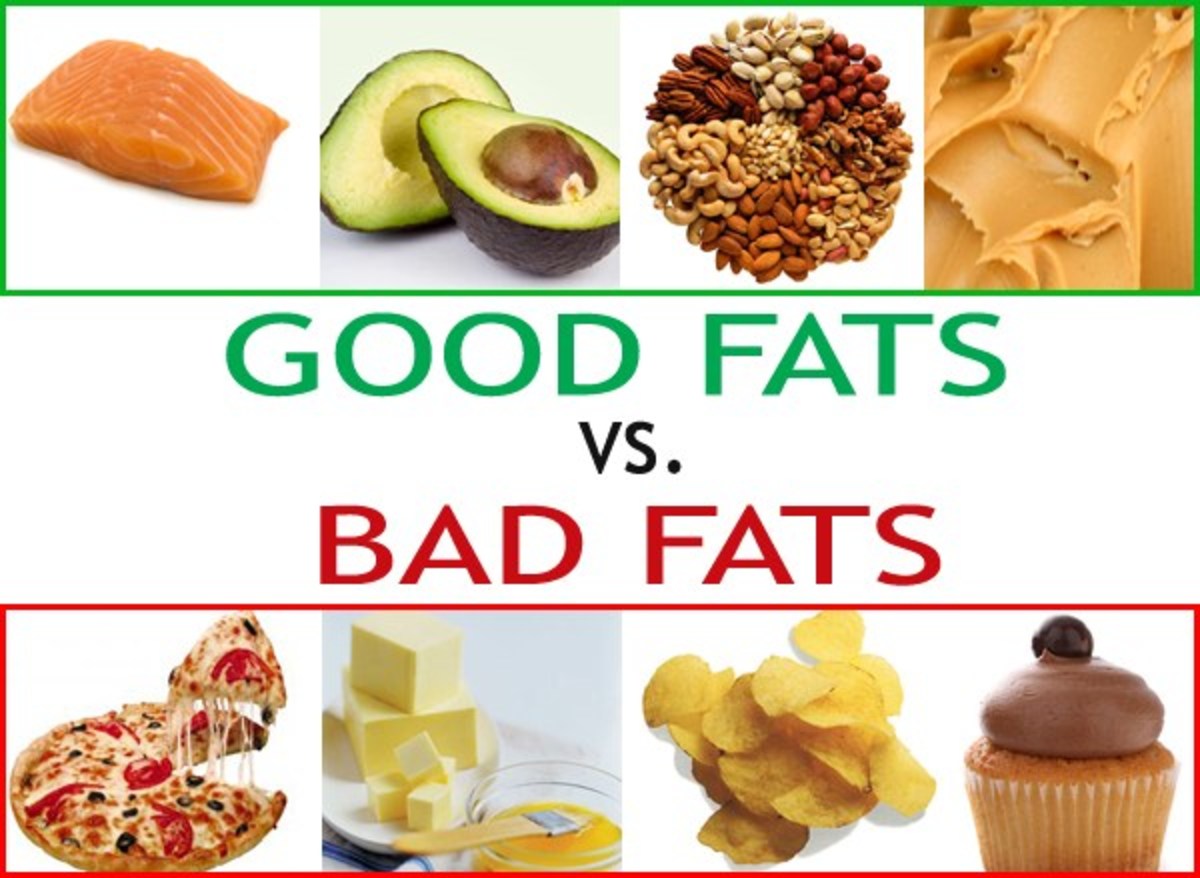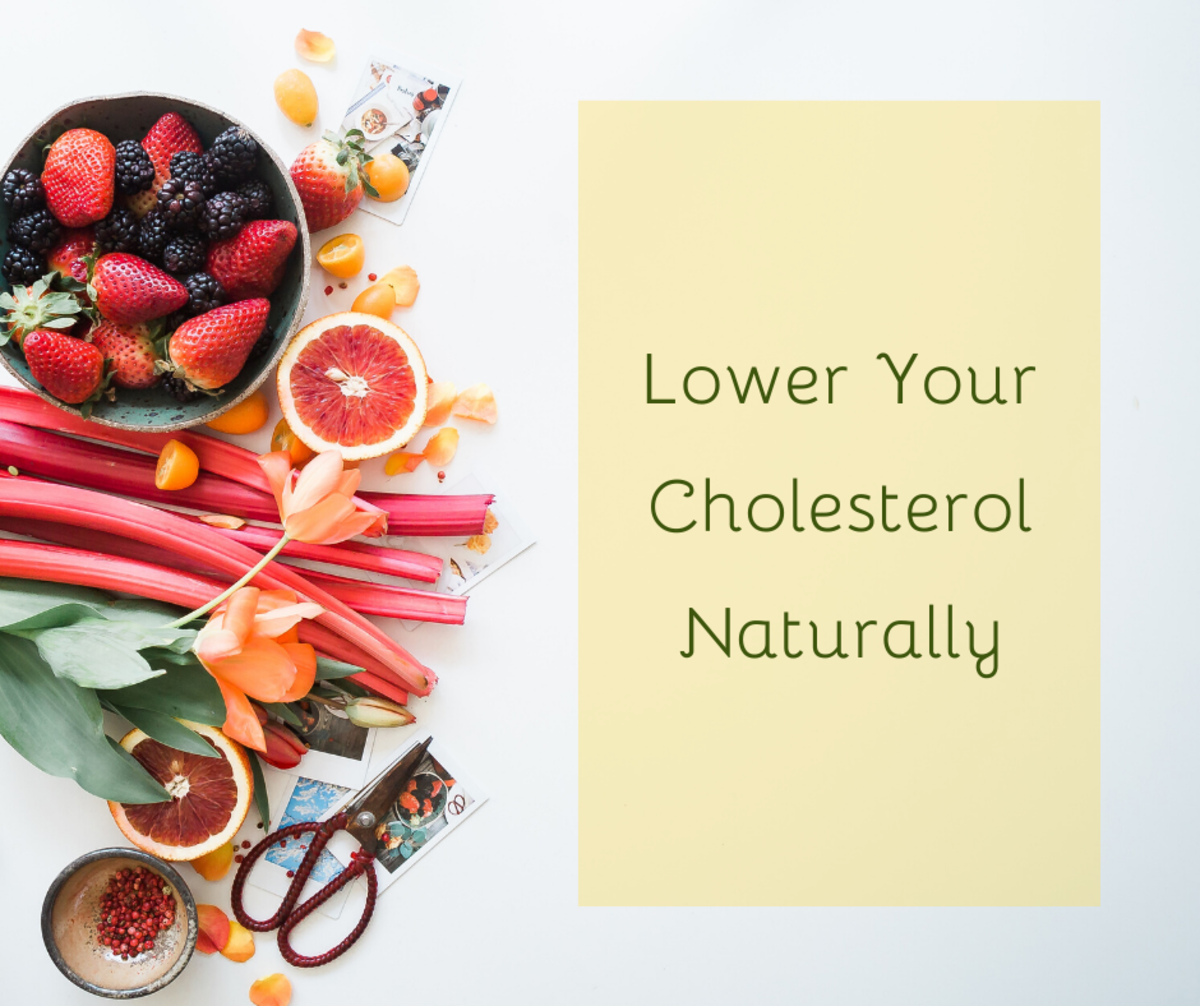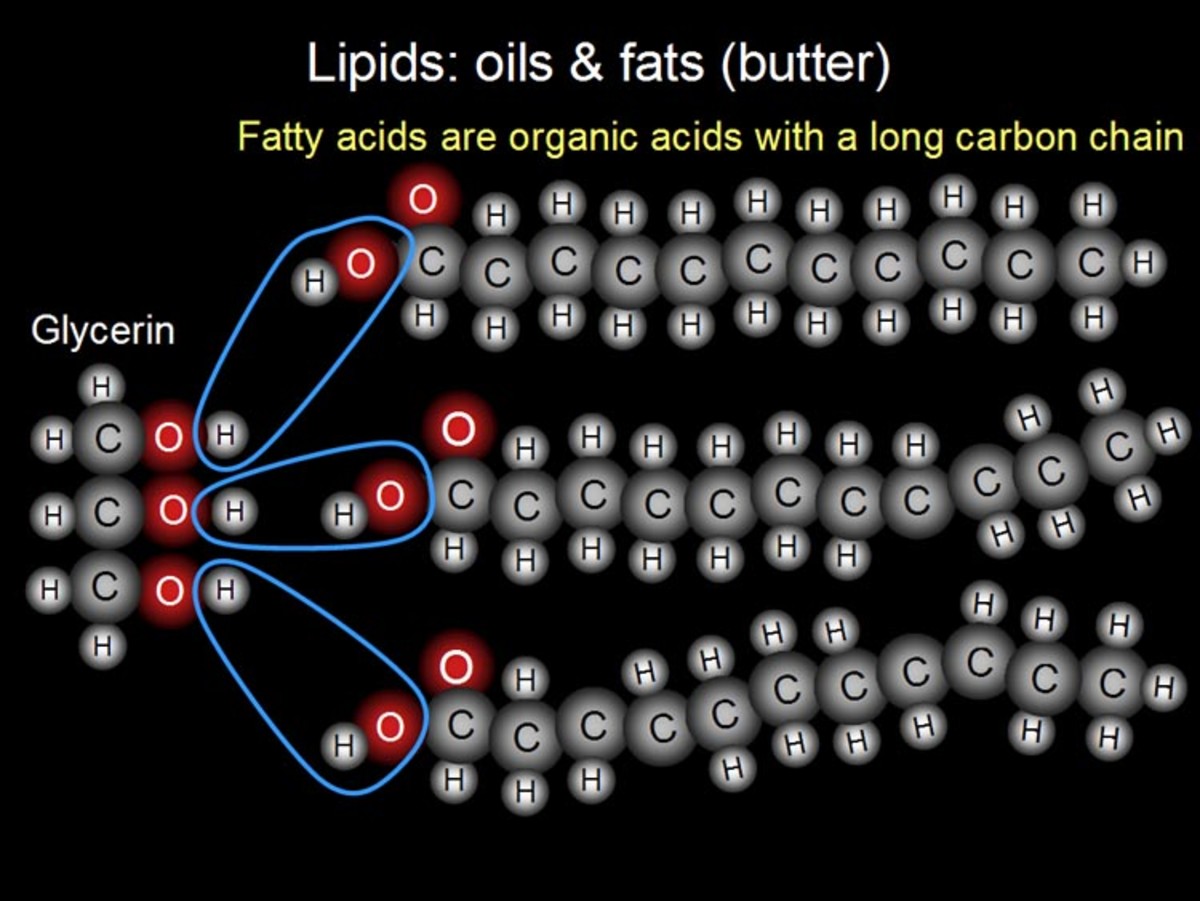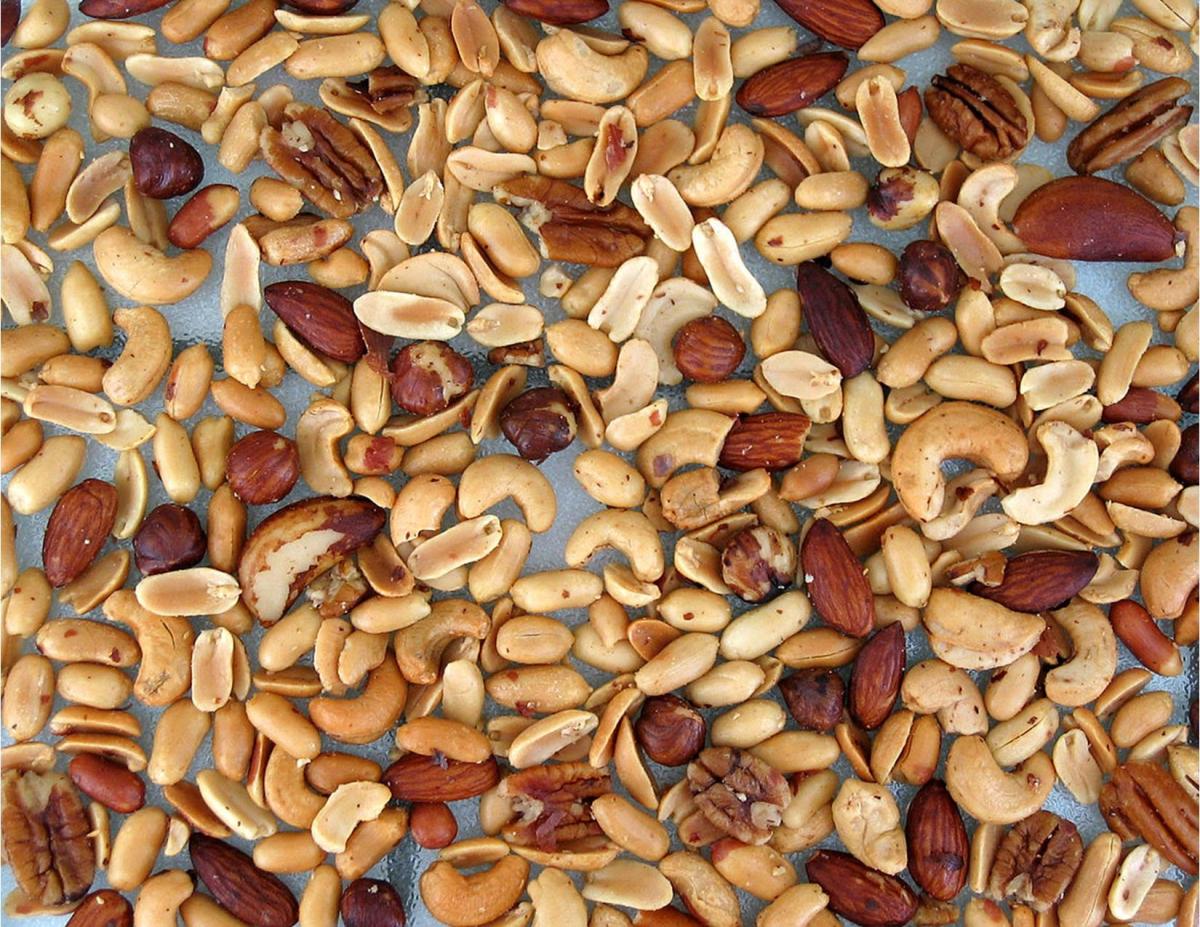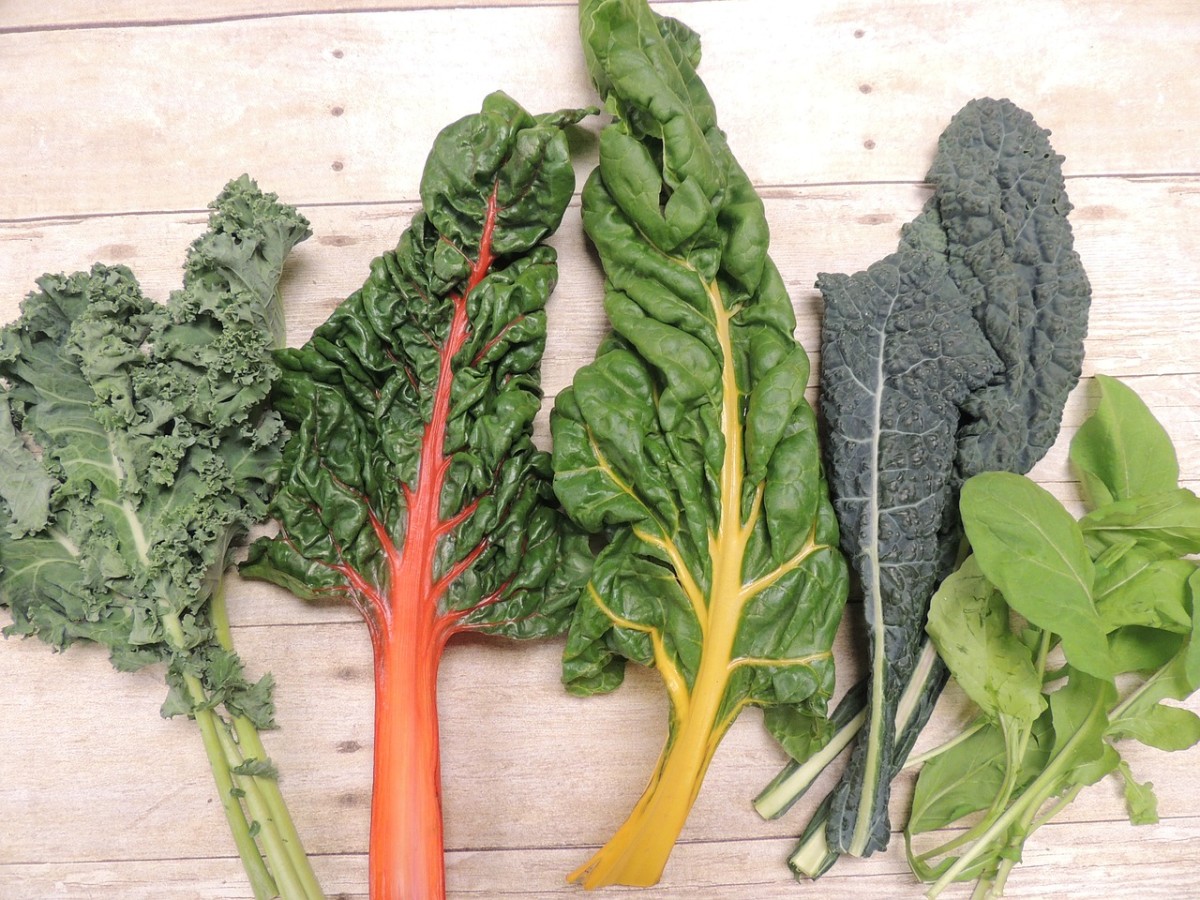Do you know your good fats from your bad fats?
Good Fats-
Unsaturated fats are labeled good fats. Unsaturated fats are divided into mono-unsaturated and poly-unsaturated fats, both of which have beneficial effects on the cholesterol levels. Monounsaturated fats lower LDL cholesterol (bad cholesterol) and raises HDL cholesterol (good cholesterol). Polyunsaturated fats also lower total and bad cholesterol. Some studies suggest that polyunsaturated fats are less stable and, therefore, can reduce both bad as well as good cholesterol.
Polyunsaturated fats are a good source of omega-3 fatty acids, which are also found in cold water fish, nuts, dark leafy green vegetables and flaxseed and some vegetable oils. Omega-3 fatty acids are essential fatty-acids, which our body cannot manufacture so it has to be taken by eating foods rich in them. Omega-3 fatty acids lower high blood pressure, combat bad cholesterol, fight inflammation and protect brain.
Most of vegetable cooking oils such as corn oil, peanut oil, sunflower oil, safflower oil, soybean oil, canola oil and olive oil contain both types of unsaturated fats with varying ratio. Canola and olive oils have high levels of monounsaturated fats. So a consumer has to choose the brand of the cooking oil carefully. Nut oils are generally used in cooking for their flavor but they are quite costly.
Bad Fats-
All saturated fats are labeled bad fats, which are derived from meat and dairy products. Saturated fats are likely to raise total and bad cholesterol levels and increase the risk of cardiovascular disease. So the conventional advice is to avoid them as much as possible.
An other group of bad fats is trans fats. A small amount of trans fats occurs naturally in meat and dairy products. Trans fats are made by a chemical process called partial hydrogenation of the oil. When vegetable oils are subjected to partial hydrogenation, they turn into solid fat, which is ideal for food industry to work with because of its high melting point, smooth texture and reusability in deep frying. Trans fats extend the self-life of food items. They also give a pleasing feel in the mouth on eating processed and fast foods, which are cooked with trans fats. It has been found that trans fats are more harmful than saturated fats. Trans fats raise total cholesterol, lower good cholesterol and increase triglyceride levels in the blood. Therefore, its consumption adds to the increase in the risk of cardiovascular diseases.
The bottom line is that we should minimize the consumption of saturated and trans fats. We should only use unsaturated fats in cooking. While purchasing, we should choose the brands carefully since most of the oils contain both polyunsaturated and monounsaturated fats. Monounsaturated fats should be given preference because they are more stable. Olive and canola oils should be preferred when selecting a brand of cooking oil.

